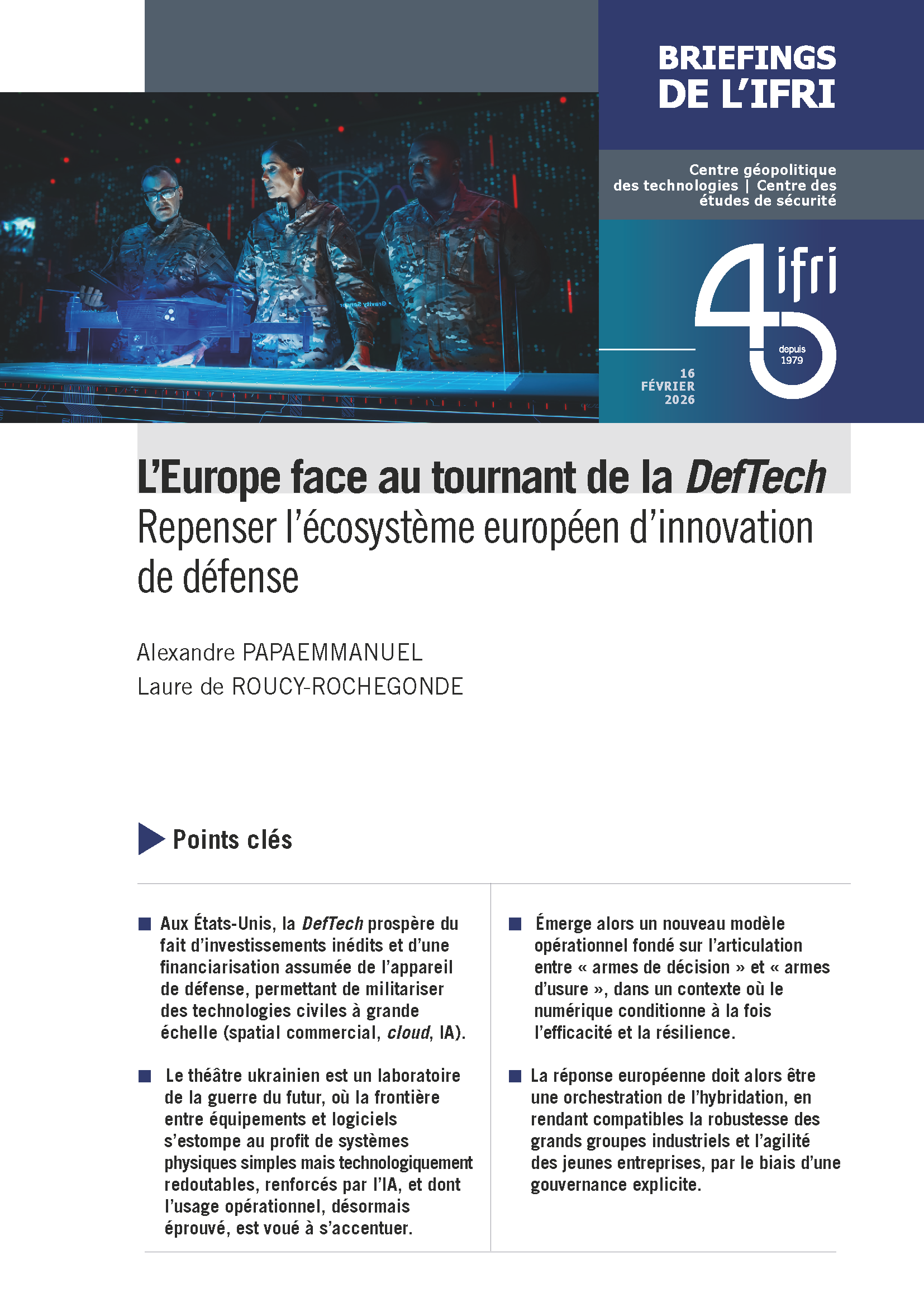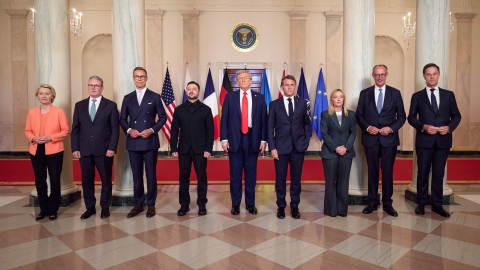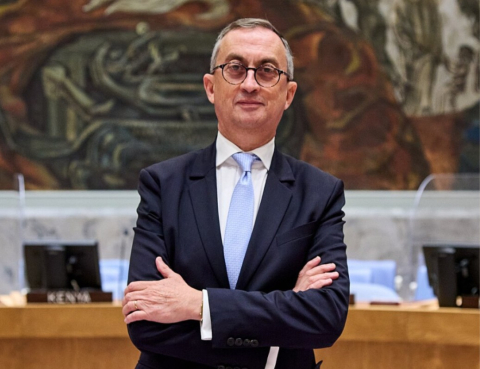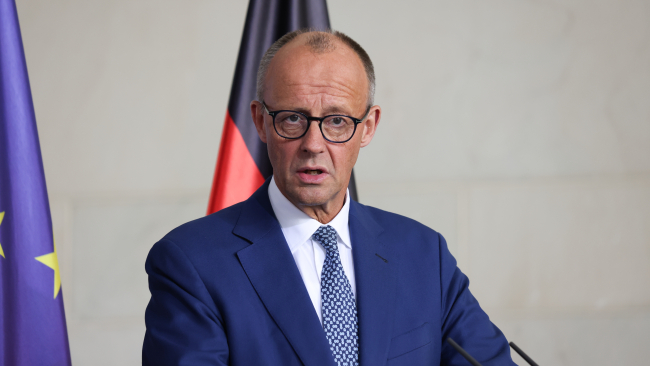France's Partner on a Pedestal: A view driven by pragmatism and envy
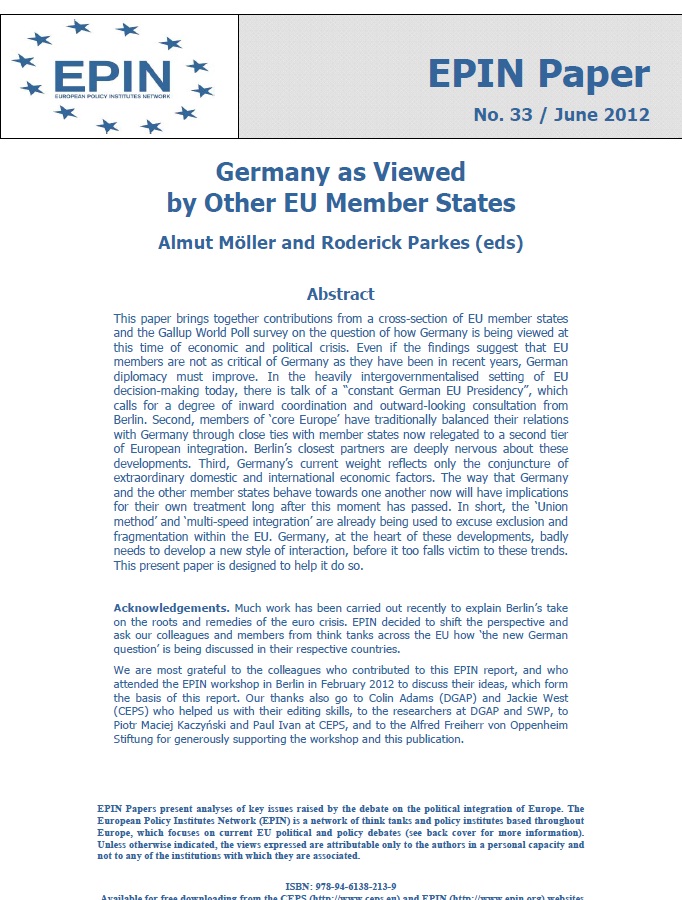
This paper brings together contributions from a cross-section of EU member states and the Gallup World Poll survey on the question of how Germany is being viewed at this time of economic and political crisis. Even if the findings suggest that EU members are not as critical of Germany as they have been in recent years, German diplomacy must improve. In the heavily intergovernmentalised setting of EU decision-making today, there is talk of a “constant German EU Presidency”, which calls for a degree of inward coordination and outward-looking consultation from Berlin. Second, members of ‘core Europe" have traditionally balanced their relations with Germany through close ties with member states now relegated to a second tier of European integration. Berlin"s closest partners are deeply nervous about these developments. Third, Germany"s current weight reflects only the conjuncture of extraordinary domestic and international economic factors. The way that Germany and the other member states behave towards one another now will have implications for their own treatment long after this moment has passed. In short, the ‘Union method" and ‘multi-speed integration" are already being used to excuse exclusion and fragmentation within the EU. Germany, at the heart of these developments, badly needs to develop a new style of interaction, before it too falls victim to these trends. This present paper is designed to help it do so.

Contenu disponible en :
Régions et thématiques
ISBN / ISSN
Utilisation
Comment citer cette publicationPartager
Téléchargez l'analyse complète
Cette page ne contient qu'un résumé de notre travail. Si vous souhaitez avoir accès à toutes les informations de notre recherche sur le sujet, vous pouvez télécharger la version complète au format PDF.
France's Partner on a Pedestal: A view driven by pragmatism and envy
Centres et programmes liés
Découvrez nos autres centres et programmes de rechercheEn savoir plus
Découvrir toutes nos analysesLa Bundeswehr : du changement d’époque (Zeitenwende) à la rupture historique (Epochenbruch)
La Zeitenwende (« changement d’époque ») annoncée par Olaf Scholz le 27 février 2022 passe à la vitesse supérieure. Soutenues financièrement par la réforme constitutionnelle du « frein à la dette » de mars 2025 et cautionnées par un large consensus politique et sociétal en faveur du renforcement et de la modernisation de la Bundeswehr, les capacités militaires de l’Allemagne devraient augmenter rapidement au cours des prochaines années. Appelée à jouer un rôle central dans la défense du continent européen sur fond de relations transatlantiques en plein bouleversement, la position allemande en matière politique et militaire traverse une profonde mutation.
La fabrique de la politique européenne de l’Allemagne
L’ambition européenne de Friedrich Merz est de faire de l’Allemagne, souvent perçue comme hésitante, un acteur de premier plan de l’Union européenne. À cette fin, le chancelier allemand a annoncé vouloir mettre un terme au « German vote ». Celui-ci incarne le paradoxe d’une Allemagne à la fois indispensable et fréquemment absente dans la décision européenne.
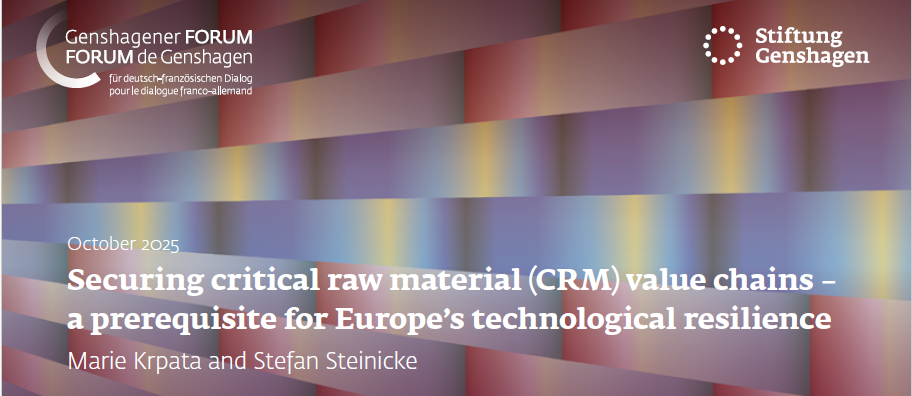
Sécuriser les chaînes de valeur des matières premières critiques (MPC) : une condition préalable à la résilience technologique de l'Europe
Au cœur de la sécurité économique, la résilience technologique est un pilier de la compétitivité de l'Union européenne (UE). Les transitions énergétique et numérique de l'UE dépendent des matières premières critiques (MPC).
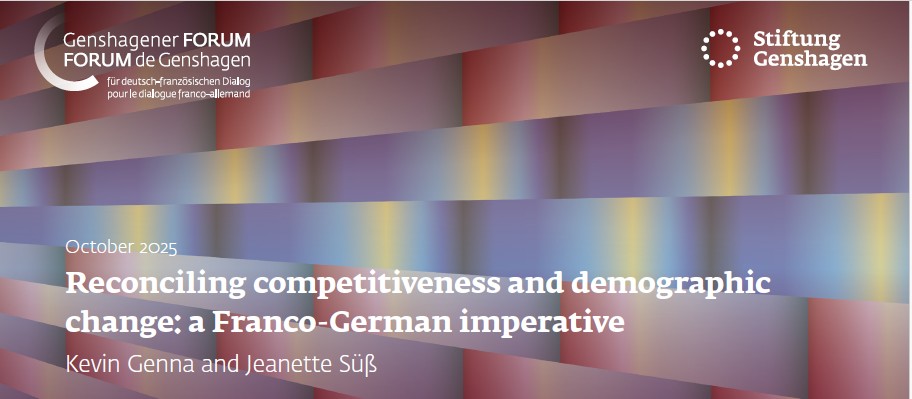
Concilier compétitivité et évolution démographique : un impératif franco-allemand
La France et l'Allemagne sont confrontées à des changements démographiques parallèles qui pourraient remodeler l'avenir de leurs économies et de leurs modèles sociaux. Ces changements reflètent des tendances européennes plus larges, mais sont amplifiés par le rôle central que jouent ces deux nations dans la gouvernance et la compétitivité de l'Union européenne.



